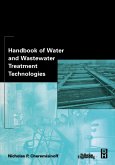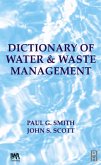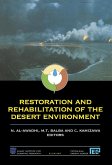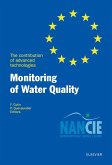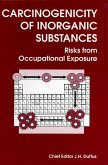The EU-funded PRISTINE project (Priority surfactants and their toxic metabolites in wastewater effluents: An integrated study; ENV4-CT97-0494) provides the basis for the content of this title. It provides policy makers and industry with detailed information on analysis and concentrations of surfactants and their degradation products in the environment.
In addition to a general introduction to surfactants, this book comprises a comprehensive variety of analytical techniques, including sample handling, for the analysis of surfactants in the aquatic environment. Readers will find all the necessary information for analyzing the different groups of surfactants, with special emphasis on transformation products. Quality assurance is also reported on in detail. Chapters on toxicity and risk assessment are also included and give a complete perspective on the surfactants problem in the aquatic environment.
· Presents the finding of EU-funded research into fate and behaviour of organic chemicals in the environment
· Comprises a comprehensive variety of analytical techniques, including sample handling, for the analysis of surfactants in the aquatic environment
· Provides relevant information to all groups working in the field of surfactants
Dieser Download kann aus rechtlichen Gründen nur mit Rechnungsadresse in A, B, BG, CY, CZ, D, DK, EW, E, FIN, F, GR, HR, H, IRL, I, LT, L, LR, M, NL, PL, P, R, S, SLO, SK ausgeliefert werden.



